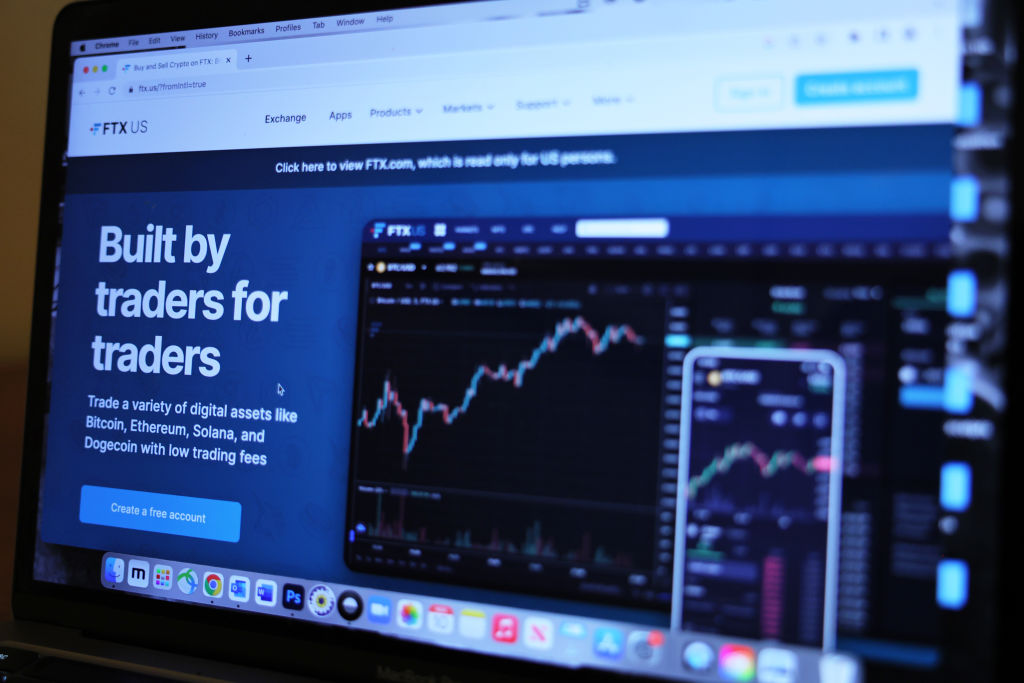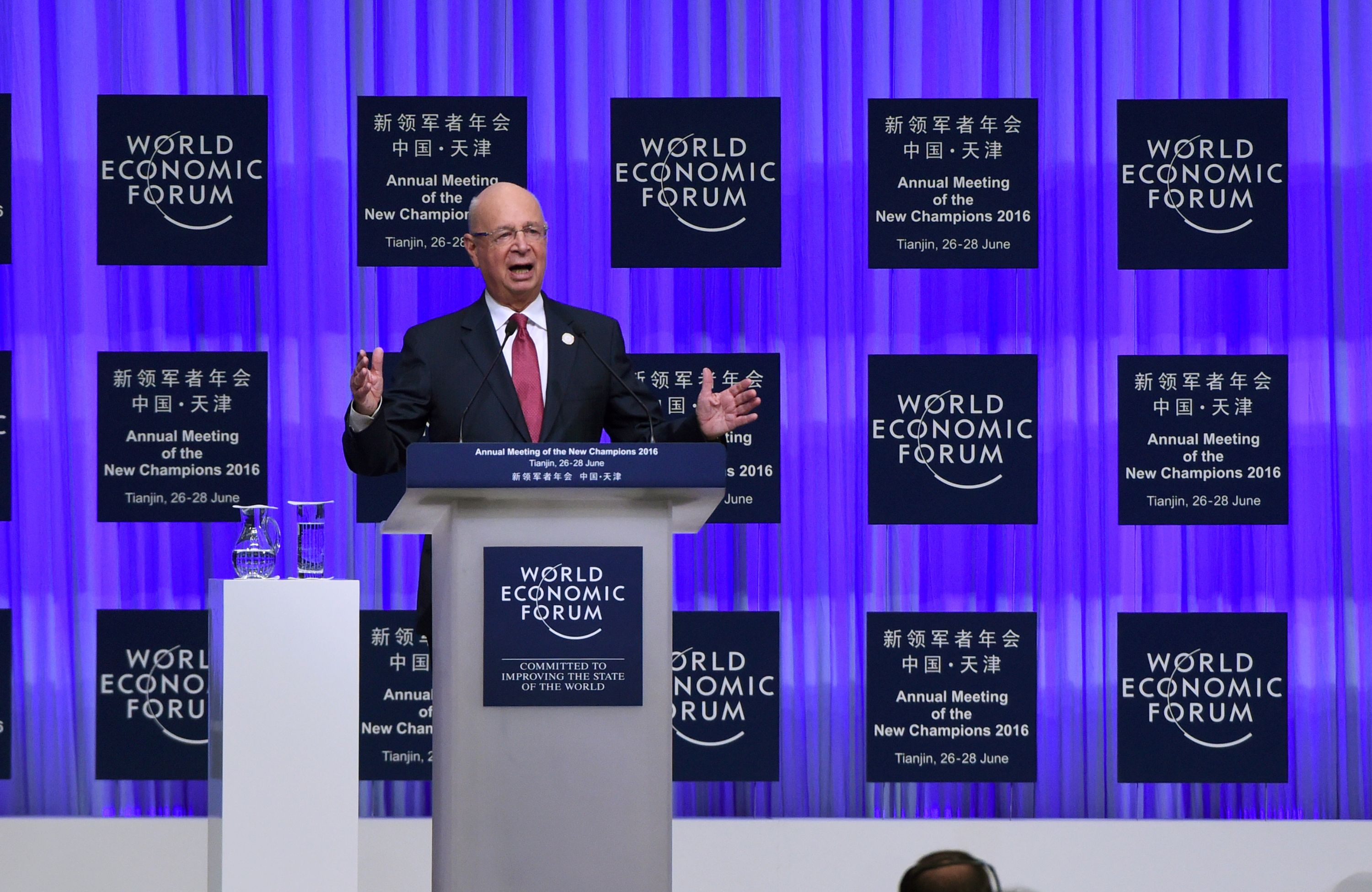Outsized U.S. stock gains may not be in the cards for 2015
The Federal Reserve still has its punchbowl out there as it tries to keep the economic growth party going, but investors in U.S. stocks might see less of a kick from it next year than they've seen in the past.
With the Standard & Poor's 500 .SPX having set record closing highs on 44 days through Nov. 20 this year - after 45 such instances in 2013 - reasonable investors may think the ride might be near its end, or perhaps even ready to reverse course.
At this week's Reuters Global Investment Outlook Summit, top investors saw little reason for U.S. stocks to head south in 2015, despite worries that anemic economic growth or instability in Ukraine and the Middle East might curb corporate profits.
Many who offered projections, though, said annualized pre-tax returns including dividends will top out in the high single digits for 2015, and maybe beyond. That's below the average 16.69 percent for the S&P 500 over the five years ended Oct. 31.
But investors said the lower gains are not a bad thing.
"Seven, 8, 9 percent is pretty good when the 10-year (Treasury) note yields 2.3 percent, inflation is 2 percent, and the market has done what it has done," said Paul Zemsky, chief investment officer for multi-asset strategies and solutions at Voya Investment Management LLC, which invests $213 billion.
Investors expect the U.S. economy to grow at a moderate pace in 2015. That contrasts with Japan, where a recession has taken root, and Europe, where the threat of deflation is pressuring the European Central Bank to boost monetary stimulus.
Even so, few count on the U.S. economy to maintain the 3.5 percent annualized rate it posted in the third quarter, and some see growth barely above 2 percent.
Modest economic growth and low inflation, which is now being held in check by falling oil prices, could keep the Federal Reserve from raising near-zero benchmark rates until late 2015 or even 2016. Wall Street dealers on average expect a rate hike next June.
Low inflation helps depress interest rates and can encourage consumers and companies to borrow and spend more, which in turn can boost corporate profits, making stocks more enticing.
Steven Einhorn, vice chairman of the Omega Advisors Inc hedge fund, which invests $9.8 billion, said earnings of U.S. companies might rise by a "respectable" 5 percent to 7 percent, which could lead to a 7 percent to 9 percent gain for the S&P 500.
This "would be fine in an absolute sense, and particularly fine relative to returns or lack of returns in fixed income," he said.
There may even be reason to balk at stocks. As of Nov. 20, the S&P 500 traded at 17.5 times earnings for the previous year, well above its average long-term multiple of below 16, according to Thomson Reuters data. A 2.01 percent dividend yield would help cushion capital losses.
Billionaire activist investor Carl Icahn, who has bullish wagers on companies such as Apple Inc (AAPL.O), said he is hedging those wagers with a bet that stocks more broadly could fall soon. He predicted that "there will be a major correction" in the next three to five years.
But others showed enthusiasm for U.S. stocks' prospects, in part because economies elsewhere have slowed to a lurch.
"The U.S., after years and years of looking like the growth loser, is now looking like the growth champ," said Margaret Patel, senior portfolio manager at Wells Capital Management, which invests more than $338 billion.
She said U.S. stocks could rise by a "mid-single-digits to maybe high-teens" percentage in 2015, especially as companies demonstrate "flexibility to lower costs and do more with less."
Aaron Cowen, who runs the Suvretta Capital Management LLC hedge fund firm, which invests $1.25 billion, said double-digit gains in 2015 are "certainly possible" if corporate earnings grow by at least 7 percent and earnings multiples expand slightly.
"The greatest environment for equities is decent growth with low inflation and low rates," he said. "That's a panacea."
Reuters, All Rights Reserved 2015












